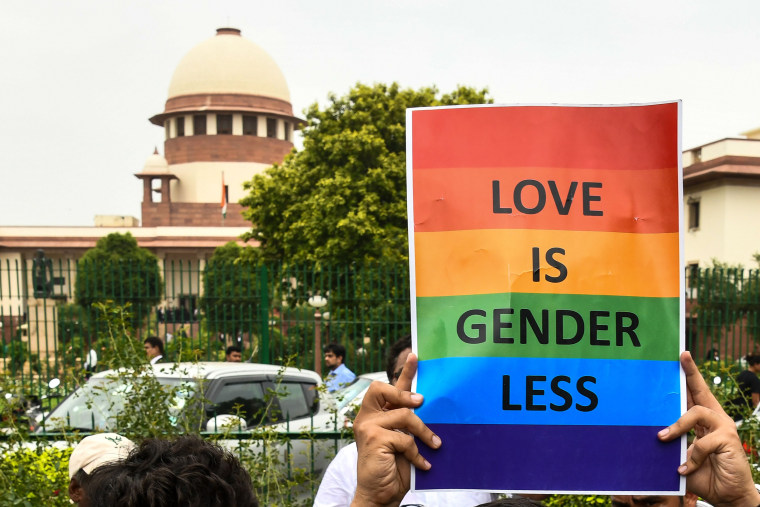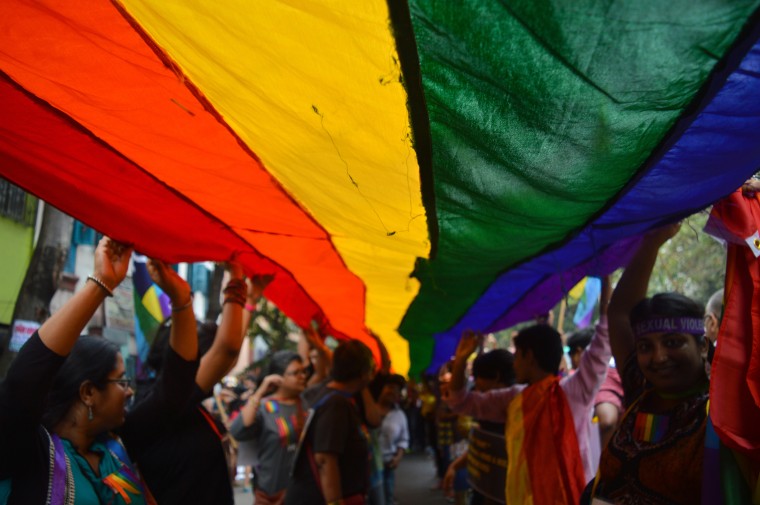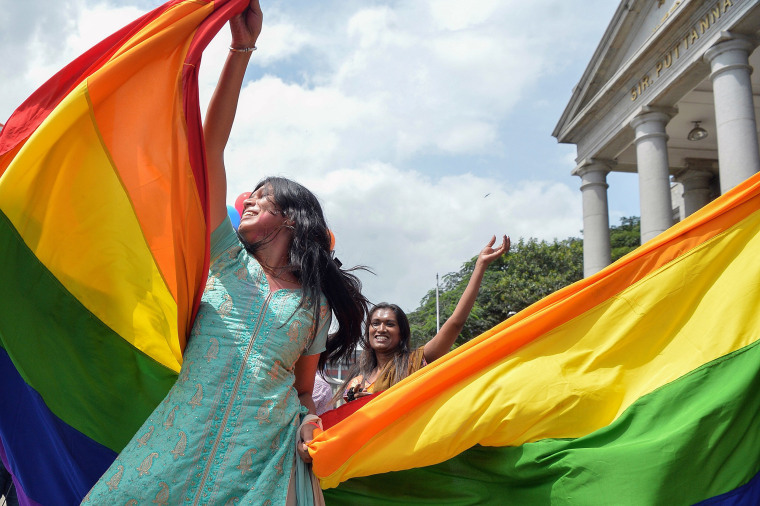A court in the southern Indian state of Kerala recently ruled that a lesbian couple have the right to cohabitate, relying on a landmark Sept. 6 decision by India's highest court that struck down the country's colonial-era law against homosexual acts. The overturned law, known as Section 377, had made gay sex acts punishable by up to 10 years in prison.
On Sept. 12, attorney Preetha K. K. submitted court papers challenging the “Commissioner of Police & Others” of infringing on her client's rights by committing the woman to a mental institution against her will after she left her parents' home to live with her female partner. The woman's parents are among the "others" mentioned in the court papers.
The court documents describe the 24-year-old woman, Aruna, and her partner, 40-year-old Sreeja S., as being in a relationship and states "they are unable to separate and they intend to live together as life partners."
Indian court documents often only list the first names of the parties involved.
The trouble began in August when Aruna’s parents filed a missing person report with authorities. According to an affidavit provided to NBC News by the couple’s attorney, Aruna had left her parents after telling them she intended to live with her life partner, Sreeja. But, acting upon the missing person claim from Aruna’s parents, local police found and produced Aruna in court.

The affidavit reads: “However, while [Aruna] was coming out of the Magistrate court, respondents 3 & 4 (Aruna's parents) and their henchmen brutally manhandled the petitioner and forcibly [took Aruna] and thereafter the whereabouts of [Aruna] is not known to the petitioner (Sreeja).”
Sreeja twice attempted to visit and retrieve Aruna from the mental institution to which she was committed by her family, but was unable to do without a court order. The affidavit reads “[Sreeja] respectfully submits that [Aruna] is under the illegal detention of respondents 3 & 4.” It also mentions that both Aruna and Sreeja are worried about threats to their life.
Later, the document states: “The Hon’ble Supreme Court has laid down the dictum that adult persons of the same gender are entitled to be in a relationship and live together.” The petition requests that the court “issue a writ of habeas corpus” and set Aruna free.
At court, Aruna testified to the judge that she wants to live with her partner, and the judge ruled in her favor.
According to BBC News, this is potentially the first time a lower court in India has relied on the precedent set by the recent India Supreme Court ruling to further establish LGBTQ rights in the world’s second most populous nation.

Preetha K.K. — Aruna and Sreeja’s attorney — is the director of the Kochi, Kerala, branch of the Human Rights Law Network, and her life’s work has focused on the rights of women and other marginalized Indian groups. She said Kerala is still a fairly conservative state, despite its unique history of electing representatives from the Communist Party of India.
“A sort of hidden apartheid is prevailing here,” Preetha wrote in a WhatsApp message to NBC News. She said that while Kerala's social reformers have had more success there than in other states, honor killings still happen in Kerala, and that marriage proposals are still “based mostly on caste and religion.”


